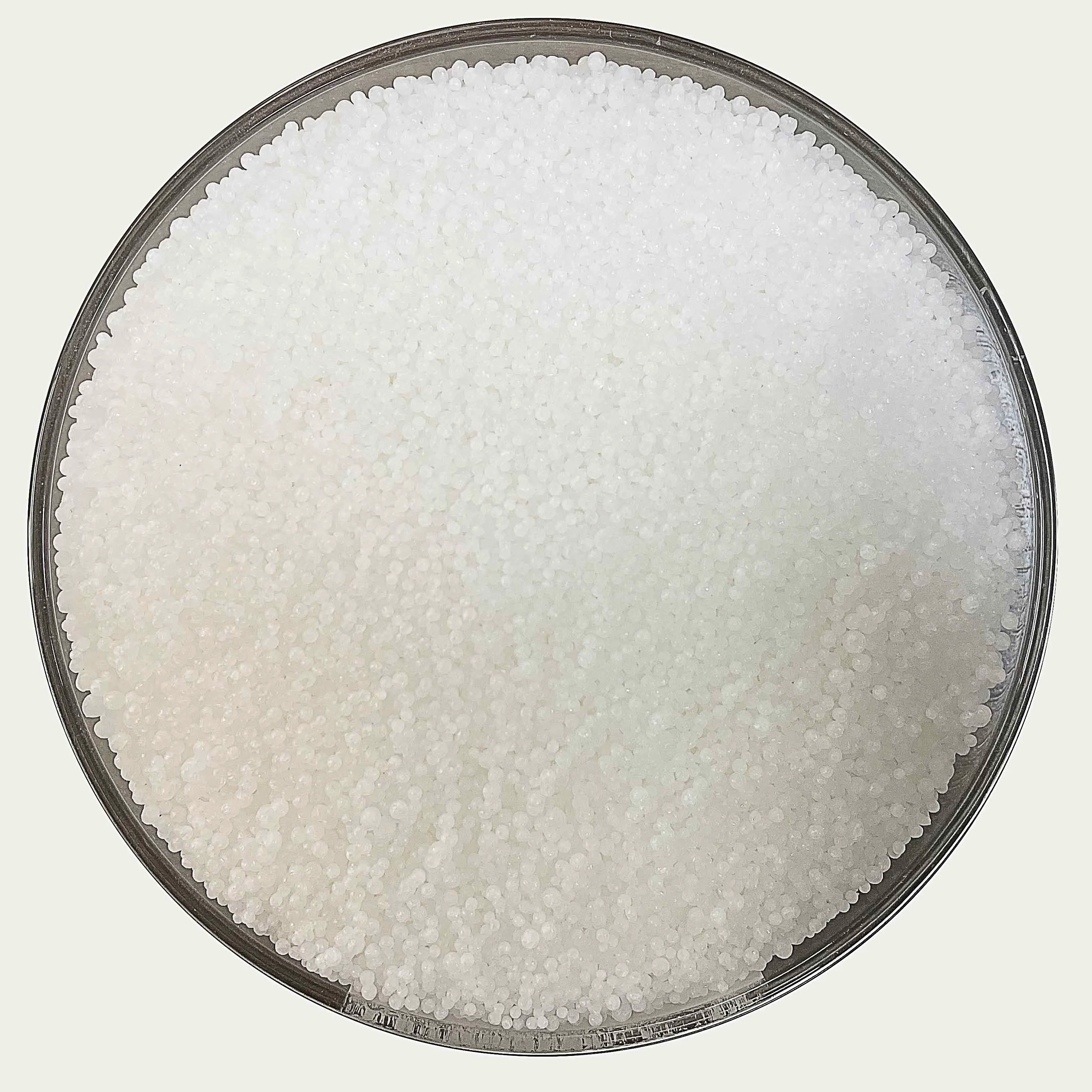
Th7 . 26, 2024 04:06 Back to list
Exploring the Benefits and Uses of Green Grade Fertilizers for Sustainable Agriculture Practices
Understanding Green Grade Fertilizer The Future of Sustainable Agriculture
In the realm of modern agriculture, the quest for sustainability has led to the development of innovative solutions that seek to balance crop yield with environmental stewardship. Green grade fertilizer is one such advancement, embodying the principles of eco-friendliness and efficiency. This article delves into what green grade fertilizers are, their benefits, and their role in promoting a sustainable agricultural landscape.
Understanding Green Grade Fertilizer The Future of Sustainable Agriculture
One of the key benefits of green grade fertilizers is their ability to improve soil structure and health. These fertilizers increase organic matter in the soil, which enhances its ability to retain moisture and nutrients. Healthier soil leads to better root development in plants, which can improve crop yields over time. The inclusion of microorganisms in organic fertilizers also promotes a more active soil biology, leading to healthier plants that are more resilient to pests and diseases.
greens grade fertilizer

Moreover, green grade fertilizers play a crucial role in reducing reliance on chemical inputs. Conventional fertilizers have been known to contribute to problems such as nutrient runoff, which can lead to algae blooms in nearby water bodies, causing harm to aquatic ecosystems. By using organic fertilizers, farmers can minimize these adverse effects. In addition, many green fertilizers are slow-releasing, providing a steady supply of nutrients to plants over time, which helps to reduce the frequency of applications and the potential for nutrient leaching.
Another significant advantage of green grade fertilizers is their contribution to carbon sequestration. Organic matter in the soil can capture and store carbon dioxide from the atmosphere, which is critical in combating climate change. As farmers increasingly recognize the importance of sustainable practices, the use of green fertilizers is becoming more appealing as a means to not only improve crop production but also to contribute positively to the environment.
Despite the advantages, there are challenges associated with the adoption of green grade fertilizers. For instance, they typically have lower nutrient concentrations compared to synthetic fertilizers, which means that larger quantities may be necessary to achieve the same effect. This can sometimes lead to increased labor and costs for farmers, particularly in the initial transition to organic practices. However, many farmers report that the long-term benefits, including improved soil health and reduced input costs over time, outweigh these initial challenges.
In conclusion, green grade fertilizers represent a promising avenue for sustainable agriculture, marrying the need for effective crop production with the imperative of environmental conservation. By enhancing soil health, reducing chemical runoff, and contributing to climate change mitigation, these fertilizers are paving the way for a more sustainable future in farming. As awareness and demand for organic products continue to grow, the potential for green grade fertilizers to transform agricultural practices is immense. Farmers, policymakers, and consumers alike must recognize the importance of supporting these eco-friendly solutions in the pursuit of a more sustainable and resilient agricultural system.
-
10 10 10 Fertilizer Organic—Balanced NPK for All Plants
NewsJul.30,2025
-
Premium 10 10 10 Fertilizer Organic for Balanced Plant Growth
NewsJul.29,2025
-
Premium 10 10 10 Fertilizer Organic for Balanced Plant Growth
NewsJul.29,2025
-
Premium 10 10 10 Fertilizer Organic for Balanced Plant Growth
NewsJul.29,2025
-
50 Pound Bags of 13-13-13 Fertilizer for All Plants – Bulk & Organic Options
NewsJul.28,2025
-
High-Efficiency 15-30-15 Granular Fertilizer for Healthy Crops
NewsJul.28,2025
